Main Project: Optimization of Wood Chips Production with Forest and Landscape Denmark
The increased use of wood chips at centralized power plants is an important initiative in the field of biomass in Denmark. In order to cope with the unbalanced supply and demand, the supplier of wood fuel stores 20% of its inventories for a period of time at the storage terminal. A variant of the production, inventory, distribution, routing problem (PIDRP) is developed to describe the production and distribution of wood chips. The work is focused on reducing the high inventory and routing cost by optimizing the production planning in the forest which is divided into different districts and different stands within each district. A mix integer programming model is developed to make a yearly production plan with minimal inventories costs between districts. In addition, a 2-opt tabu search with best improvement solution method is used for intra-districts routing planning. Computational results show great inventory and routing costs saving opportunity for the supplier of wood chips. The methods used provide insight to supply chain managers faced with related challenges.
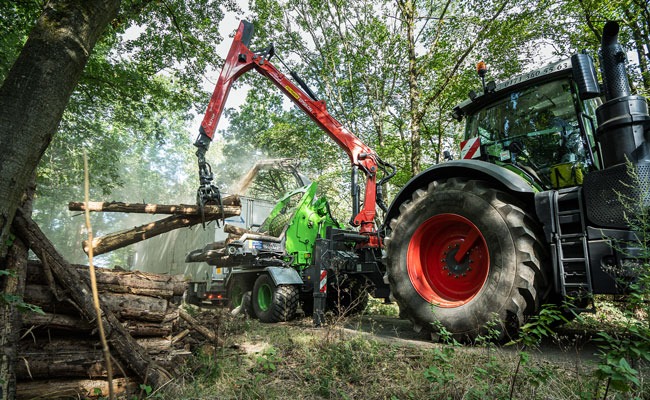
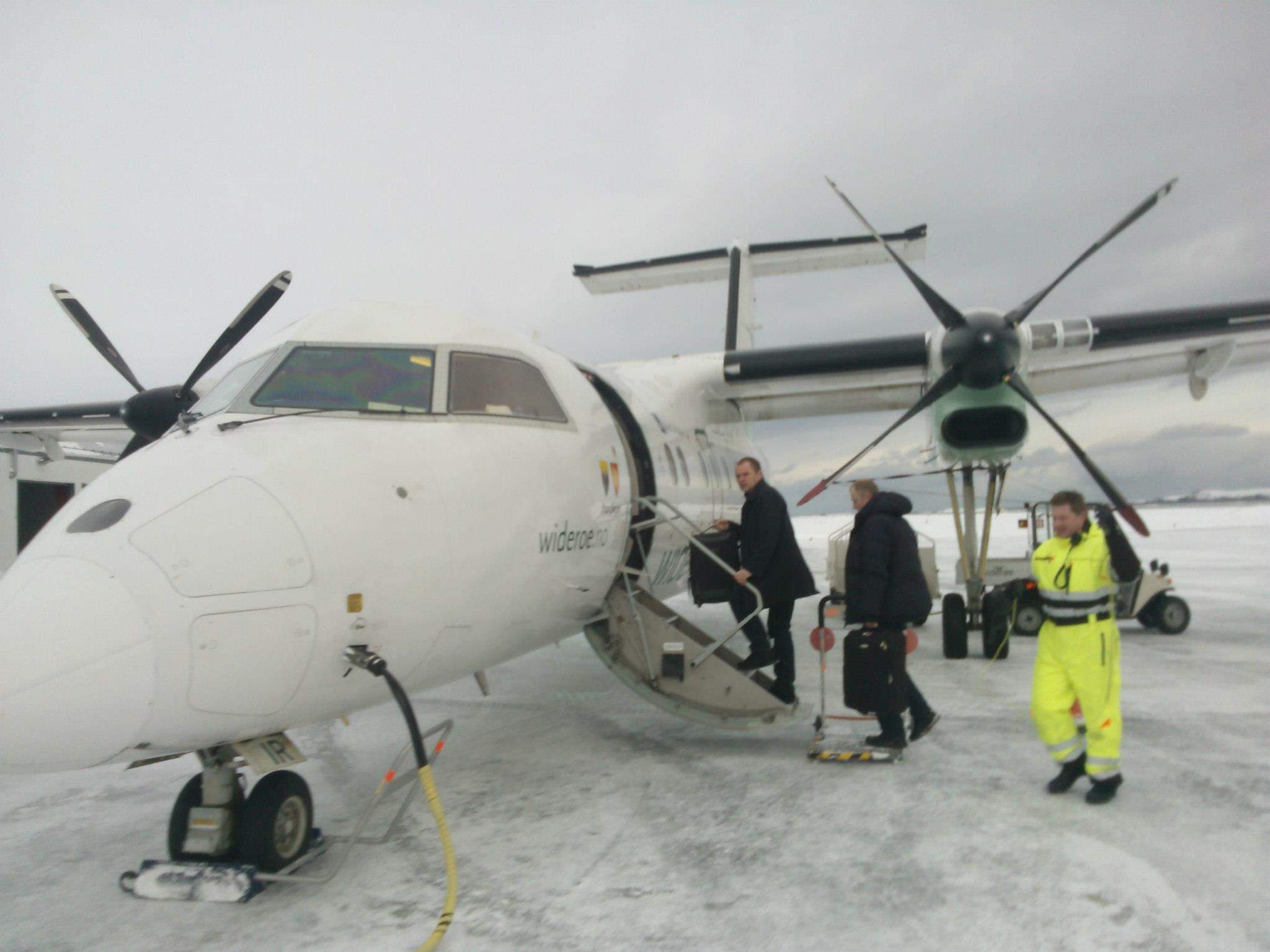
Main Project: Optimal Tugboats Positioning Problem in the High North
In order to prevent or minimize the risk of oil tankers drifting accidents and corresponding environmental impacts, tug vessels are used and monitored by the Vessel Traffic Services (VTS) in Vardø to patrol every oil ships moving along the coastline. The VTS center in Vardø managed by the Norwegian Coastal Administration (NCA) is faced by several challenges that need to be addressed. In fact, the dynamic and uncertain patrolling operations as well as the high expansion of the petroleum
activity make the sustainable management and control of the fleet vessels a highly complex problem. The aim of the project is to assist the NCA by developing operations research-based models and algorithms.
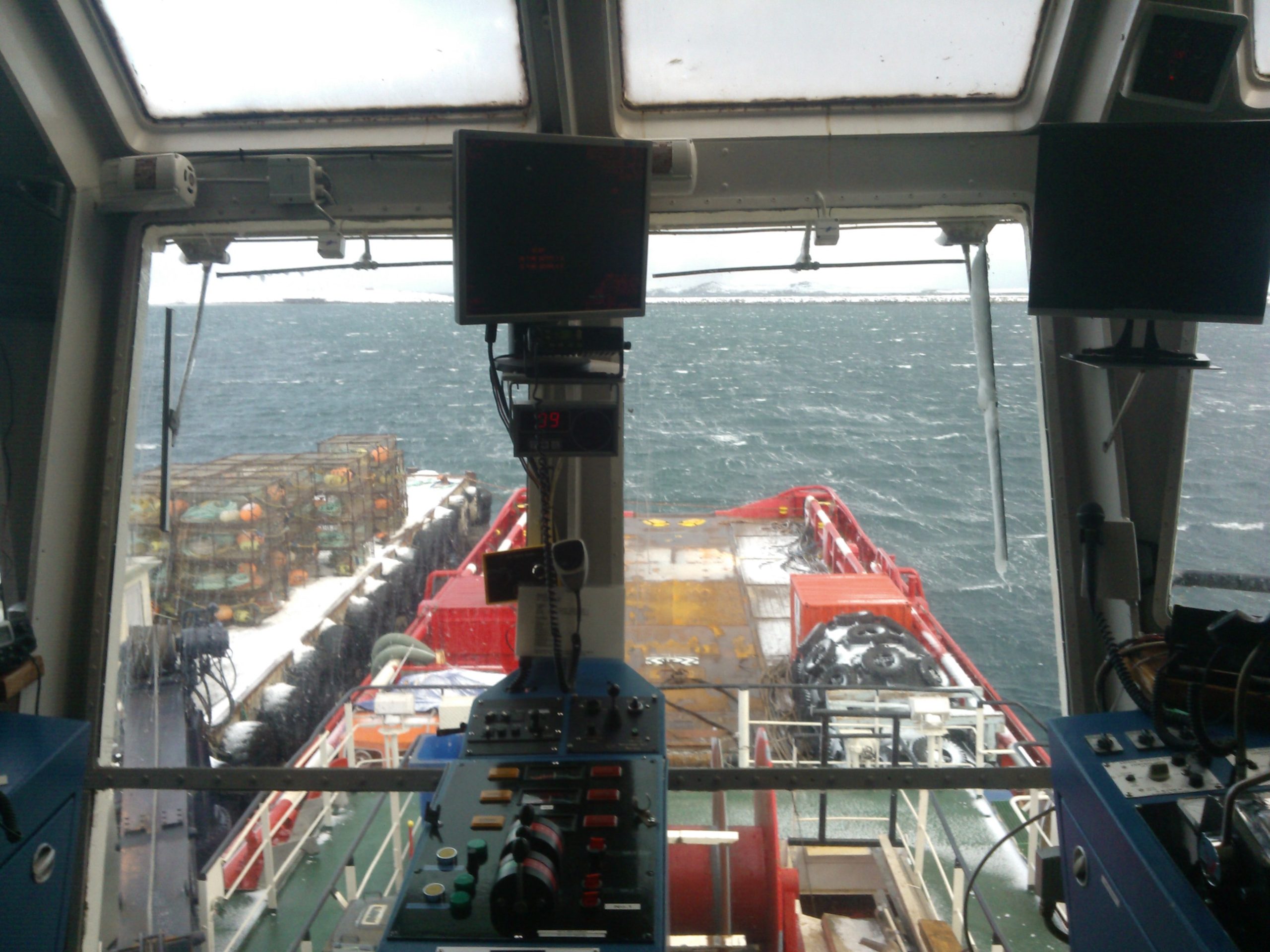
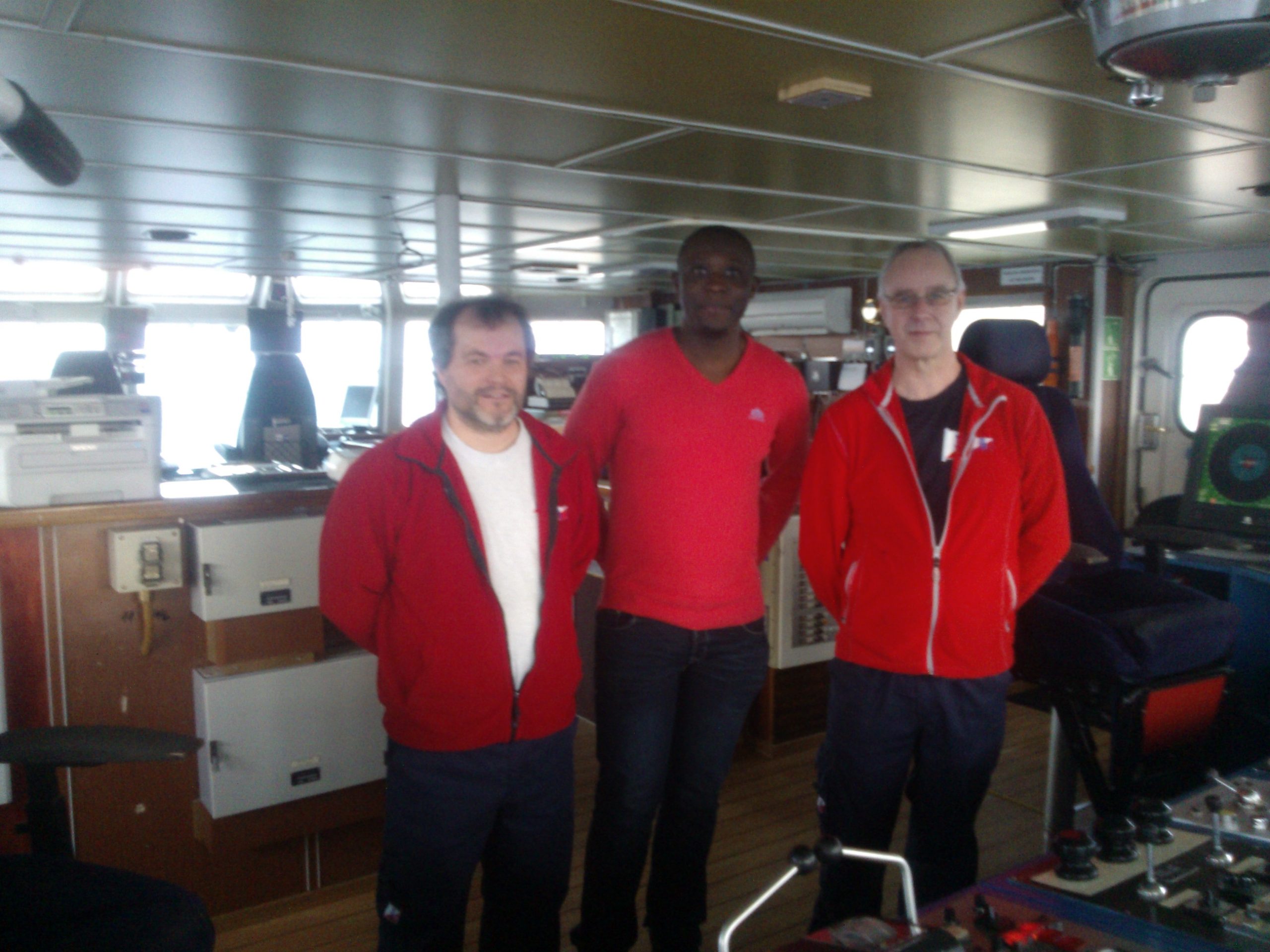
My main research capabilities
I am mostly interested in applied research, using operational research methods and social sciences approaches to solve real life logistics problems.
Main research interests
Below are some of my main research interests
The use of integrated intelligent technology (IoT, etc), which allows the logistics system to mimic human intelligence…
Combinatorial optimization that finds an optimal design of routes traveled by a fleet of vehicles to serve a set of customers.
Urban logistics refer to the movement of goods in urban areas, with the main concern on congestion.
A value chain represent all the valuable activities that a company performs in order to deliver a valuable product to the end customer.
How do we close the gap between Logistics education and industry needs?
Hospital logistics, port/airport waiting line minimization, emergency police patrol, reverse logistics, petroleum logistics, humanitarian logistics…


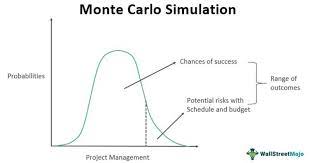
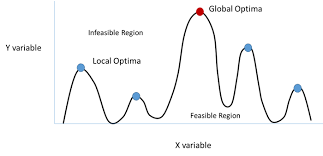
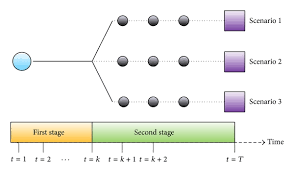
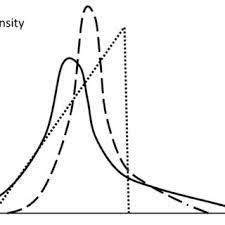
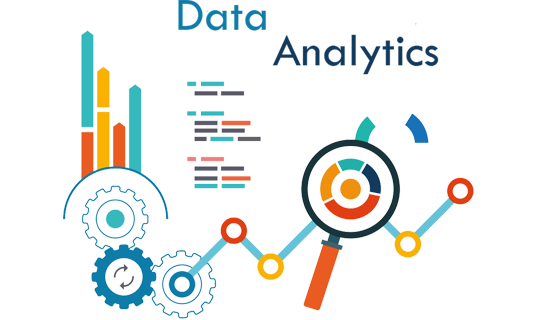
Hi Dr. BRICE